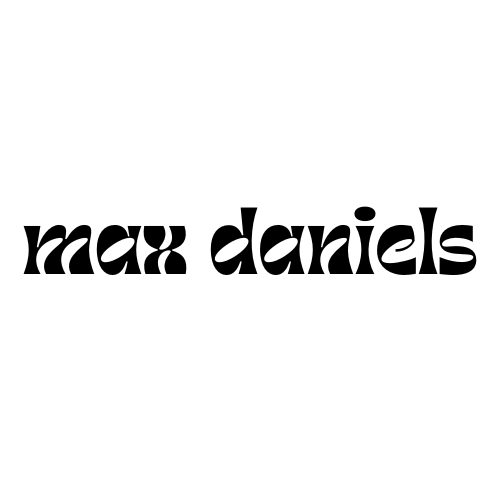I ❤ RULES.
It’s not innate.
Image: Baby, Henk Henriët, 1938, Rijksmuseum. Used with permission.
Hello friends! A new subscriber reminded me that I still had stuff on Medium from the early Trump era. That was weird, as I had forgotten those pieces, and had largely forgotten Medium as well.
I'm kind of curious how you all regard Medium. Do you visit regularly? Only when you're given a link? A fair few of you are digital entrepreneurs yourselves, and I'm wondering if you use Medium for self-publishing? And what do you think of it?
I actually removed all my Medium pieces. The platform never did anything for my numbers, and I've begun cleaning up and shutting down all the random accounts I've set up over the past couple decades. Like, what are they for? I have no good answer for the majority of them.
So here's a piece I took off Medium, from a few years back. It's about the idea people have of "intuitive eating" which I want to recognize that as a popular idea is different from the very developed thinking of the original proponents.
* * *
I’ve been talking to a friend of mine who lives in France. She’s from Montana, but has spent virtually her whole adult life in Paris. I told her I have quite the fascination—which you already know—for books about how the Frenchwoman doesn’t get fat or flummoxed by tying her scarf or flattened by affairs of the heart.
I asked her if she ever read those books? She said:
I don’t. I think they’re mostly fantasy.
And she added, further killing the fantasy: I believe the French take more anti-depressants and sleeping aids than any other Europeans.
Ouch or if you prefer, touchée.
But our conversation hasn’t stopped me rereading re-skimming Debra Ollivier, whose writing reminds me of this essential fact we all know about the French: They have a food culture, and they pass it on to their children.
This points to another popular fantasy of Anglo culture, namely that if only we could learn to eat “intuitively,” i.e. the “way children eat,” we would all be healthy and thin.
“You knew how to eat as a baby,” is a very popular thing for proponents of intuitive eating to say.
INCORRECT. Babies know how to nurse, The End.
They do not know what to do with a croissant. They will definitely not know how to evaluate a cronut or a croissandwich.
What looks like “intuitive” eating is in reality acquired taste and behavior and ACTUALLY, A BUNCH OF RULES. If you were lucky enough to acquire them as a child, you most likely got this food culture from your parents, who got it from theirs.
Each one of them had to be taught, had to learn, to eat this “natural” way. This body of knowledge developed over lifetimes. Generations.
If we did not get a solid foundation of eating “rules” or guidelines or principles as children—habits instilled by parents—if we don’t know how to eat comme il faut, we’re going to have to learn as adults.
Important note: There is no shame in this! However, it can take a while to figure out.
But as I'm always saying, if you want it to take longer, do what I did, and listen to people who say you already know because it’s “intuitive.”
* * *
Reading: Conflict is Not Abuse: Overstating Harm, Community Responsibility, and the Duty of Repair, by Sarah Schulman. I cannot recommend highly enough. I would even say: Put down whatever you're reading now and pick this up.
Listening: Public Intellectual, Jessa Crispin's podcast. She recently interviewed Alicia Kennedy, which is my inspiration for this little section. (If you like it, it'll stay.)
Knitting: Astrid, by Junko Okamoto (Ravelry link). I think maybe Junko is my forever source of comfort knitting.

